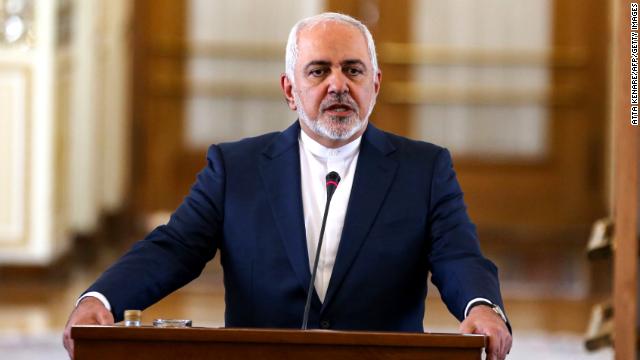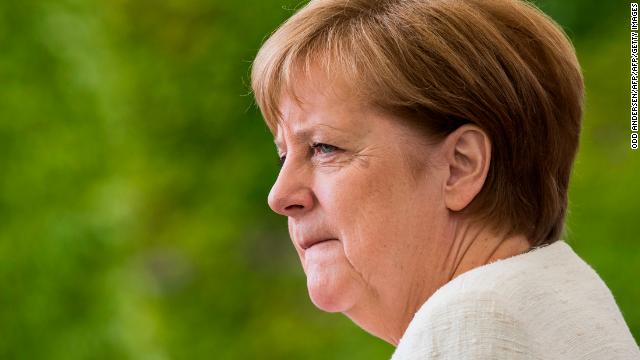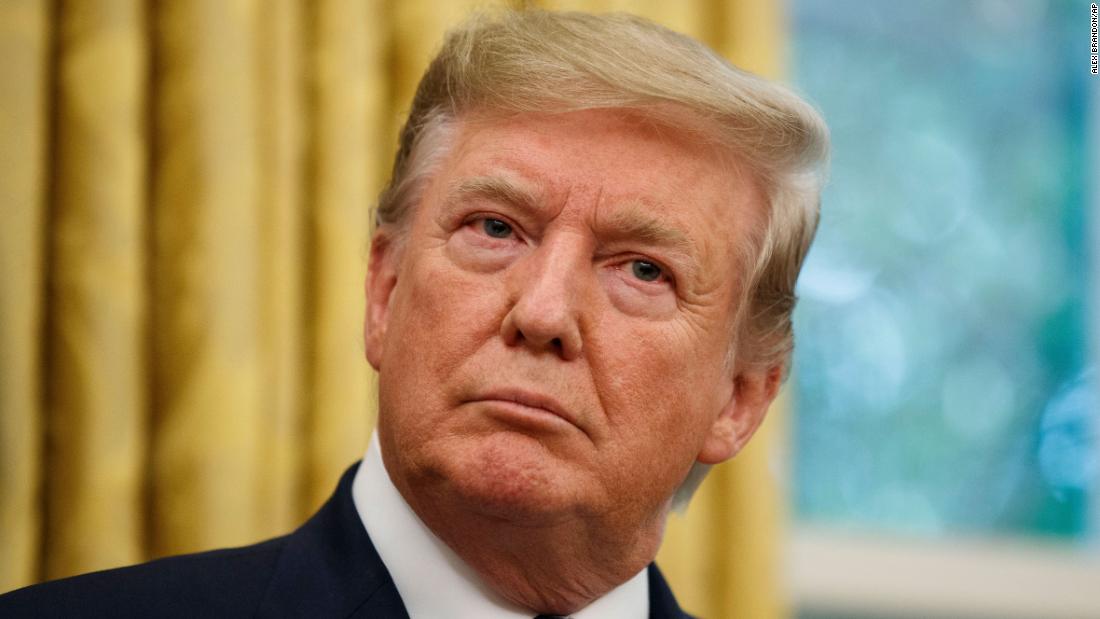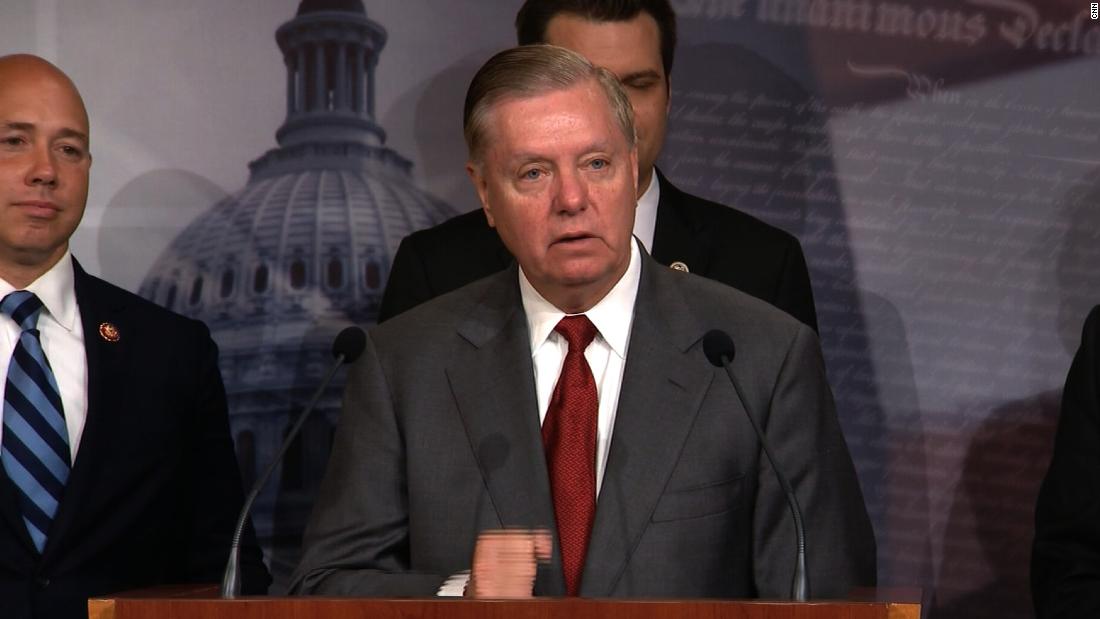The Trump administration “can’t say definitively” that Iran was behind an attack on an oil facility on Saudi Arabia, White House deputy press secretary Hogan Gidley told reporters, adding that officials are still in the process of making the case to the American people.
“The President is dealing with all of our partners and allies in the region, and we want to make sure the evidence clearly points to a culprit here. In all likelihood, as the President said, it was Iran,” Gidley said. “But when we have a definitive on that we’ll let you know.”
Gidley said President Trump is “being cautious” in his assessment.
“If he were banging the gong today about Iran being the culprit definitively without presenting the case to the American people, everyone would be saying he’s a warmonger,” he said.
In terms of retaliation, Gidley said he was not “going to take anything off the table” or “put anything on the table." Ultimately, it’s a decision for the President, he said.
Some context: In recent days, President Trump has contradicted himself and several others in his administration on if he would meet with Iran without preconditions. Just last week, Treasury Steve Mnuchin and Secretary of State Mike Pompeo said the President would meet with Iranian leaders without preconditions — but Trump later announced in a tweet he would not. In an exchange with CNN, Gidley is now claiming that preconditions to talks have always been a change in Iran’s behavior.
“The President has been very clear as well that we’re not going to have conversations with Iran until they change the behavior,” he said on the White House lawn. “They’ve got to change behavior if we’re going to have conversations because right now, the situation is untenable.”
When pressed, Gidley repeated that the President’s, “preconditions were set pretty clearly, that they have to change their behavior before any conversations. The maximum pressure campaign… that is what remains to be the preconditions.”
“Our position has been clear on that,” he repeated.






